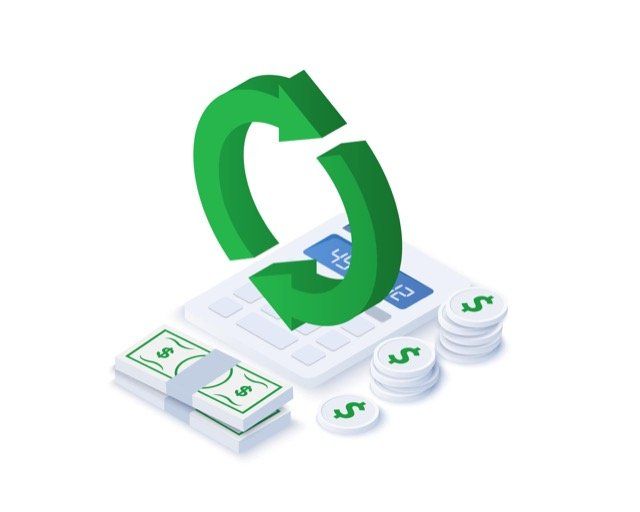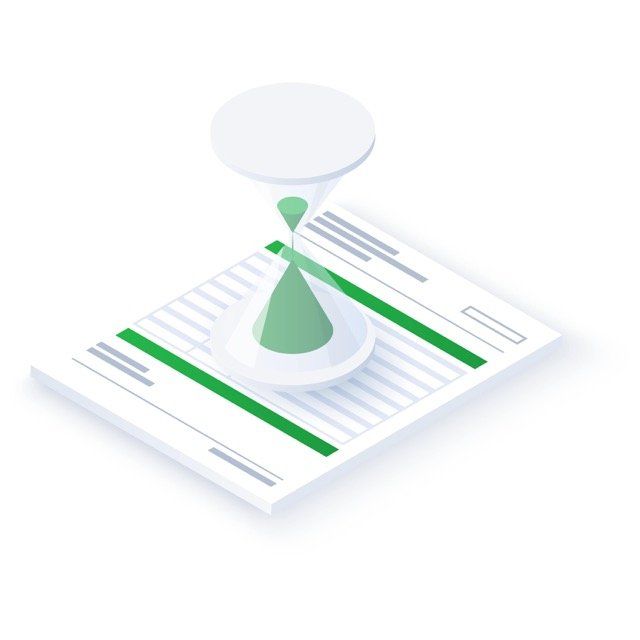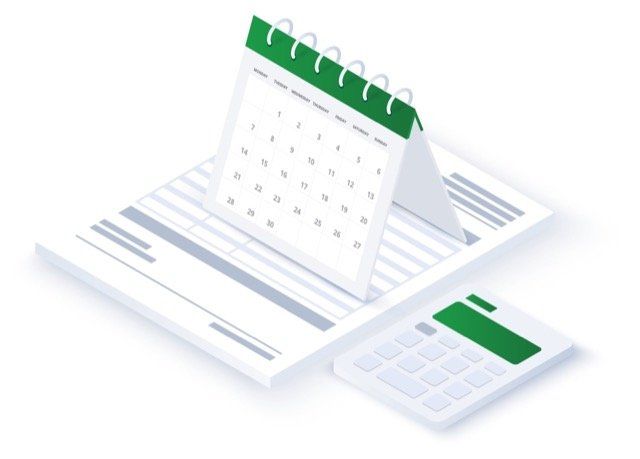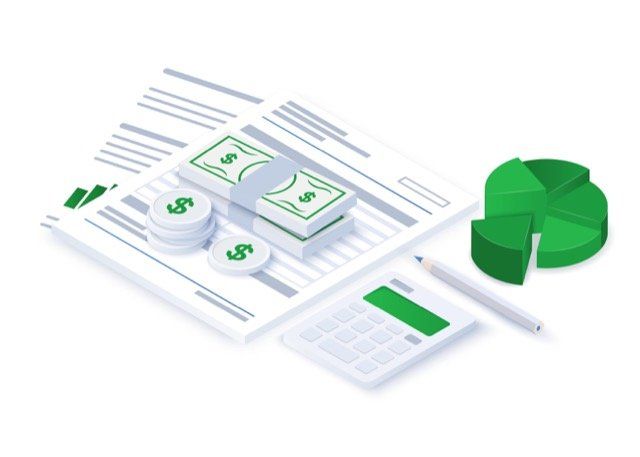How Long Do Business Loans Last?
How Long Do Business Loans Last?
If you are wondering how long do business loans in Springfield, MA typically last, you should know that the answer depends on the loan type, amount, lender, borrower, and many other details.
However, on average, a loan can last from a couple of months up to 20 or more years. For instance, SBA-backed loans have longer repayment plans, while short-term business loans can be repaid in as little as a few months. The first are commonly used for large investments, while the latter are good for situations where you want to cover expenses, bridge gaps in the cash flow, take care of payroll, etc.
What is a repayment period and what is it based on?
A repayment period is the full period during which you repay a loan. The requirements for repayment differ and are generally determined based on the lender. Some additional details that determine these include the type of institution (bank or online direct lender), the loan programs they offer, your financial profile, and the amount along with your intended use of funds.
How long is the repayment period for standard bank loans, SBA loans, and term loans?
Standard business bank loans are known for their repayment periods, which last from 5 to 7 years on average. SBA loans, on the other hand, are quite longer and can last up to 25 years in some cases. Business term loans are a solid option for financing which lasts anywhere from 1 to 5 years.
What does the repayment structure look like when taking out a business loan?
There is a different repayment structure for every type of loan and lender. Usually, long-term business loans are repaid through monthly or bi-monthly installments, while short-term business loans are set in weekly, bi-weekly or monthly installments. In some cases, there are even daily repayments for short-term loans, and the total repayment period is around three months.
On the other hand, SBA-backed loans and standard business term loans take years to repay, and their repayment structure relies heavily on the amount, the use of funds, and the business profile of the borrower.
How does the lender determine the repayment period for a business loan?
Repayment periods vary from one lender to another. They also vary depending on whether the lender is a traditional financial institution (like a bank) or a direct online lender. After assessing the risk involved, the lender also determines the length of repayment, and sees if the borrower is statistically able to repay the debt on time.
Longer repayment periods are better for lenders because they allow for more interest. However, they also carry a greater risk, which is what lenders calculate when determining a repayment plan.
What is the repayment plan for a long-term business loan?
Long-term business loans have longer repayment periods which last anywhere from 1 to 25 years. Still, they are among the most popular types of business financing in Springfield and are typically used for major investments.
The good news when it comes to business term loans is that once you are approved, you get a full lump sum that is deposited in your account, along with a repayment period. In most cases, the repayment is spread through monthly or bi-monthly installments with fixed interest.
What are the term lengths associated with long-term business loans?
There are different terms for different types of long-term loans, and they are based on certain criteria. The criteria includes the loan amount, purpose of the loan, policy of the lender, financial information about the borrower, etc. On average, long-term business loans last from 3 to 10 years. Their interest rates are typically set afterwards, based on the borrower’s creditworthiness, the type of loan they applied for, and other information.
Are repayment periods the same for all business loan types?
Not really. There are different loan types with different repayment structures.
For example, business bank loans offer a usual repayment period that is around 5 to 7 years on average. That is why these loans are considered long-term – they are longer than usual and the payments are collected through monthly or bi-monthly installments.
On the other hand, term loans are a good option for most businesses as they last anywhere from 1 to 5 years. There are many online lenders that offer good terms and are flexible with the minimum requirements. Using them guarantees a quicker approval process.
SBA-backed loans are another popular choice used for large investments. They are only issued by banks that participate in the SBA loan program. That is why they offer the longest repayment periods out there, which can sometimes last up to 25 years.
What is the repayment period for a business line of credit?
A business line of credit is a flexible option which allows you to apply for any amount of funds which is within your credit limit. However, you can draw money partially and will only pay interest only on the money that you’ve drawn. That is why businesses use this option for planning ahead and when they want to be flexible with their options.
Another benefit of a business line of credit in Springfield, MA is the lower interest and flexible repayment plans, which can last anywhere from six months up to a couple of years. The monthly or bi-monthly schedules for repayment work similarly to long-term business plans, but the terms
offered with a line of credit are similar to short-term loans.
If the borrower pulls out of the business, do they still have to repay the loan?
Yes. Business loans make borrowers liable for repaying the full loan amount and interest as per the agreement signed, regardless of the status of their business or their position within it. You can refer to your agreement to confirm the details.
What happens if the borrower does not respond to notices of missed payments or fails to keep up with repayments?
Responding to any notices that you receive is as important as keeping up to date with your loan repayments. If you fail to meet your required loan repayments, you may be notified of outstanding amounts by legal teams, which may affect your credit rating and ability to obtain goods, services, or forms of equipment. Also, you might see an intervention by a third-party collection agency, or get an invite for a legal court proceeding.
Applying is free and will not affect your credit score.
Contact Us









